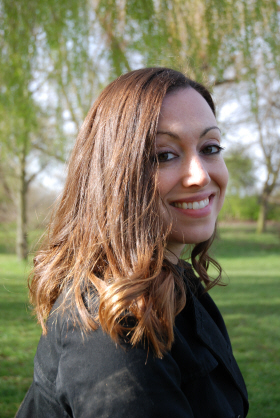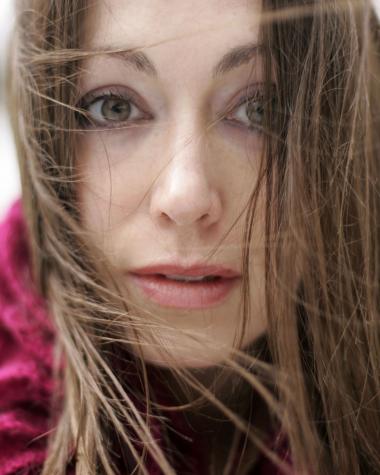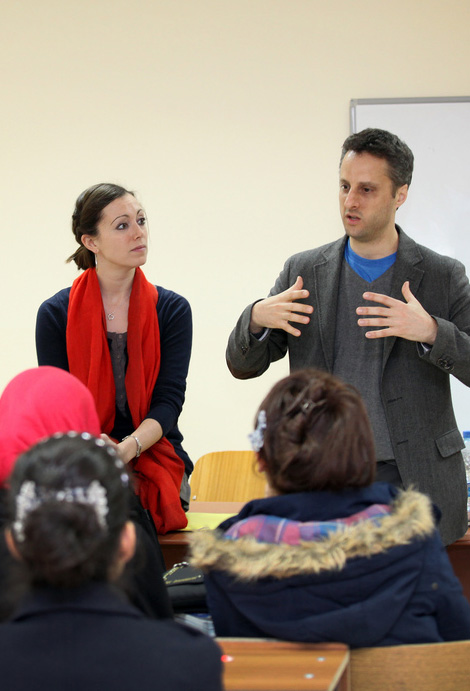 From the award-winning author of The Meeting Point comes another powerful exploration of love, desire and family, featuring a narrator raking over the past to uncover secrets long-buried – secrets that take in The Troubles in 1970s Belfast. All the Beggars Riding confirms Lucy Caldwell as one of the most accomplished young novelists writing today – and we’re delighted to hear that the Arts Council in Northern Ireland have chosen it as their One City One Book Belfast choice for 2013.
From the award-winning author of The Meeting Point comes another powerful exploration of love, desire and family, featuring a narrator raking over the past to uncover secrets long-buried – secrets that take in The Troubles in 1970s Belfast. All the Beggars Riding confirms Lucy Caldwell as one of the most accomplished young novelists writing today – and we’re delighted to hear that the Arts Council in Northern Ireland have chosen it as their One City One Book Belfast choice for 2013.
(this is an excerpt, the full interview can be read here)
Lucy answered a few of our questions …
– Where did the idea come from for All the Beggars Riding?
Some years ago, just after my first novel was published and before I’d even begun my second, I had a dream, in which this double-layered, double-crossing surgeon’s life came to me. It was such a vivid and startling dream that I took note of it, and for the next few years started seeking out stories of people who lead double lives and men who have a second family, mistresses who have their lover’s babies …
Around the same time, my mum had been researching our family history, and she uncovered the story of an ancestor – my great-great-grandfather – who left a wife and seven, soon to be eight, children in Bristol to sail for the gold mines in America. He disappeared almost without trace soon after he arrived, and there are enough mysteries in his story and the documents that remain to make us suspect he fell in love with someone on the voyage and decided to start a new life, or had simply had enough of the grind of life in England and wanted to disappear. This has nothing directly to do with my novel, of course – but we were talking a lot about him and about family secrets.
Also, my novel The Meeting Point had been about thwarted and illicit love affairs and dangerous obsessions, and I wanted to take that idea further, go even deeper into the darkest corners of the heart.
And finally, the spark that set me actually writing was watching a brilliant, incredibly moving film called My Architect, a documentary made by the son of the architect Louis Kahn. When Kahn died, he left behind three families – and his son Nathaniel made the film as a way of trying to find out who his father was, going to the buildings he’d designed and speaking to the women who had loved him and stayed with him, even knowing they weren’t his only families. (read more)

